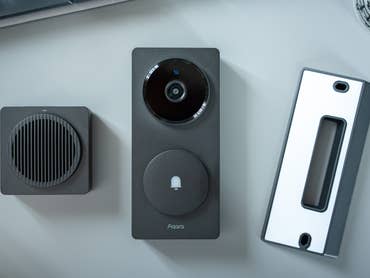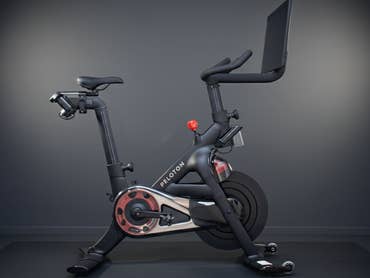They are colorful, slightly eccentric, and stick to almost every fridge: magnets—the Eiffel Tower from Paris, the tile from Lisbon, a cheap souvenir from Las Vegas. One look at the door – and every visitor knows where you’ve been. But what hardly anyone asks: Are these things harmless? Or do they harm the fridge, which keeps your milk cold day and night? Some claim that magnets can reduce electricity consumption. Others warn that they ruin electronics. Between Nostalgia and Technology Drama: Who Is Right?
When souvenirs on the fridge cause stress
Magnets can actually cause problems–at least if you go overboard. Small vacation magnets are not an issue. But wallpapering the fridge with XXL neodymium magnets can cause problems. Modern high-tech appliances utilize sensitive sensors that measure temperature and control electronic components. A strong magnetic field can interfere with this. The result: incorrect readings, faulty circuits—and in the worst case, a fridge that thinks it’s a radiator.
Bosch, for example, expressly warns against overloading the door. “If so many magnets are attached to the refrigerator door that the weight of the door is massively increased, the service life of the door hinge may be shortened,” says the manufacturer. In short, if collecting souvenirs becomes a materialistic battle, the door will eventually fall apart. And scratches on stainless steel don’t look pretty either.
Saving electricity with magnets?
The great hope remains: do magnets actually help save on electricity? The answer is resounding: no. Energy experts dismiss it–a magnet on the door doesn’t change the device’s energy consumption at all. Not a cent less on the electricity bill. The myth of the “energy-saving magnet” belongs in the realm of fridge fairy tales.
The reality is more mundane: normal vacation souvenirs are unproblematic as long as you don’t overdo it. A few magnets here, a few postcards there – no fridge will be damaged. For devices with a touch display or smart controls, however, the following applies: avoid using magnets that are too strong.





0 comments